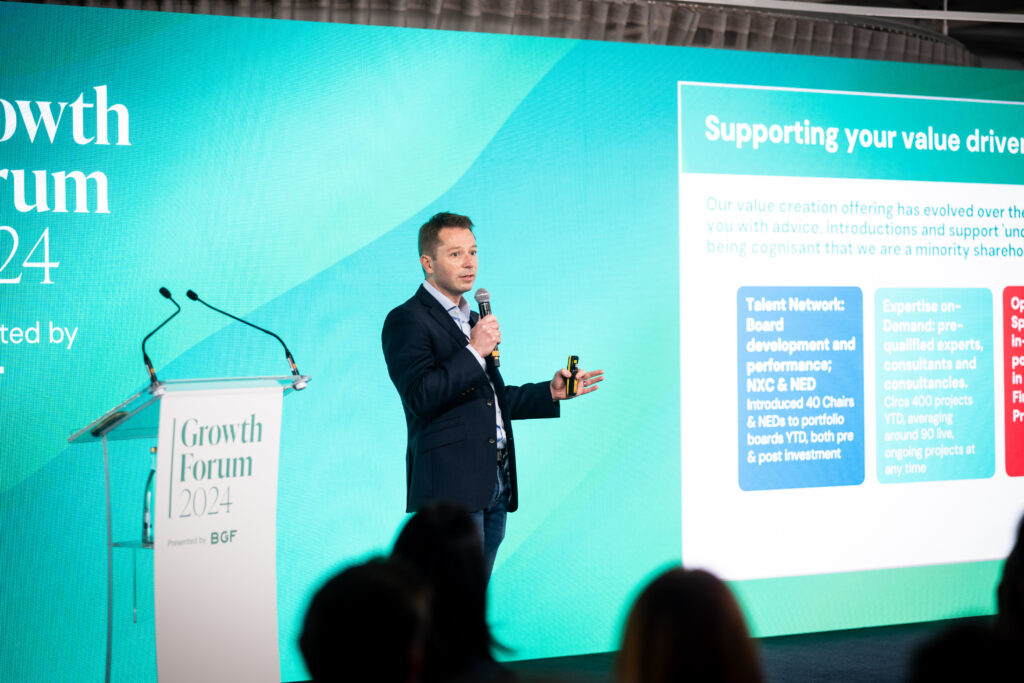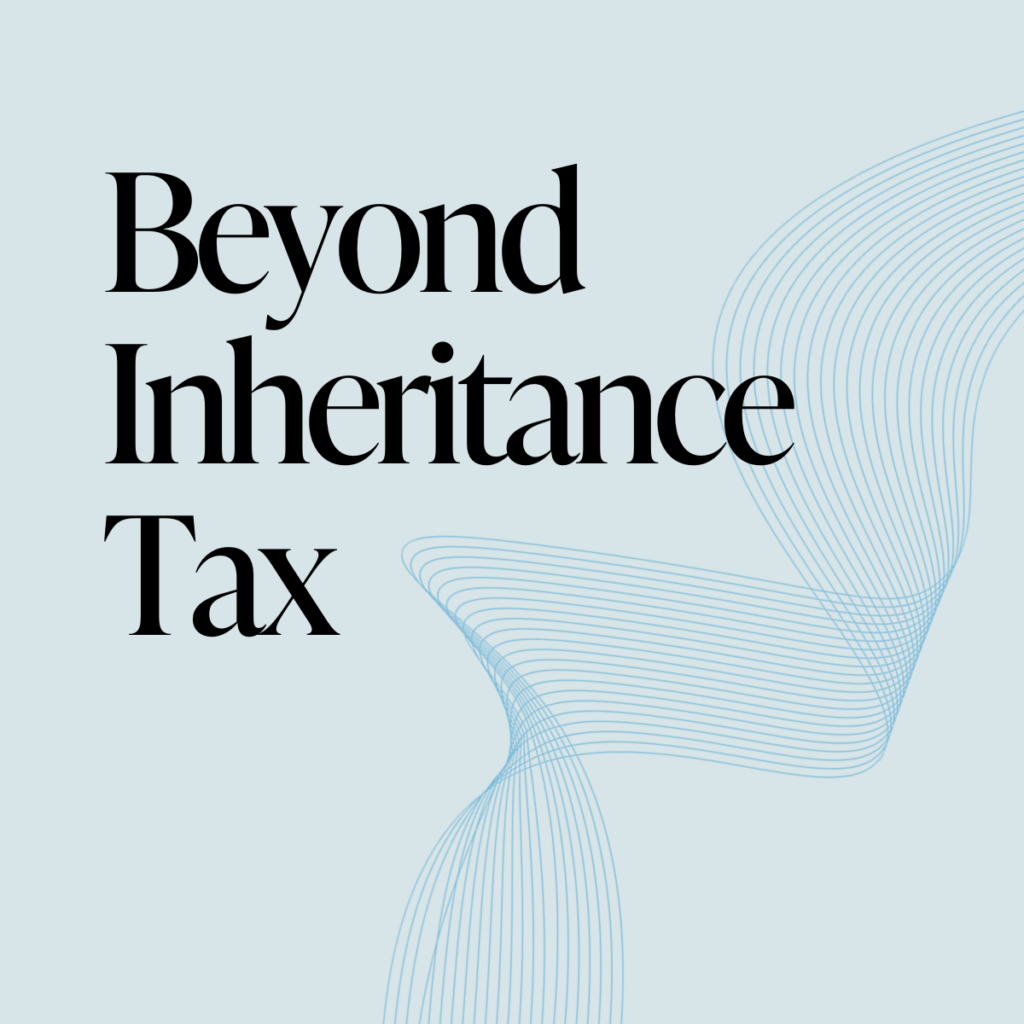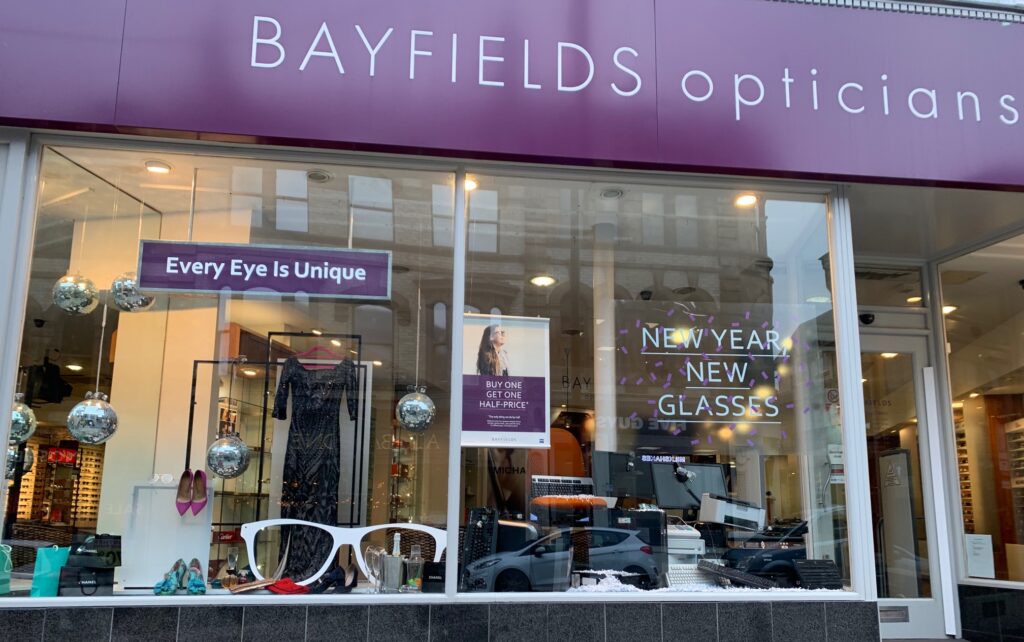When investing in a care business, what signals will an investor look for to ensure it has long-term growth potential? We’re proud to have backed a number of ambitious care businesses already, from fast-growing nursery group Kids Planet to residential care provider A Wilderness Way.
When we first invested in Kids Planet in 2016, the business was operating 17 sites. Now, it has more than 80. Led by Founder and CEO Clare Roberts, Kids Planet has achieved this growth because they have an efficient system for integrating new sites into the business and, crucially, they’ve maintained their high standards of care, while growing.
We’re excited to support more high-quality care businesses like this. Read on to learn what our investment team prioritises most in this sector, and how you can set your own care business up for future success.
1. Consistently good care
If a business provides a consistently good quality of care – and, crucially, it maintains that quality as it expands – everything else follows. We measure care quality using ratings from external inspectors (Ofsted for children and the Care Quality Commission for adults) and internal data, such as the serious incidents log. No matter how profitable, we won’t invest in a care business if it doesn’t provide a high enough standard of care.
2. Happy, motivated staff
Retaining staff is a formidable challenge in an industry where roughly three in 10 care workers leave their jobs each year. In the wake of the COVID-19 pandemic, many workers are suffering from burnout, competition from other employers is high, and Brexit has made it harder to recruit from the EU. We’ve seen successful companies offering apprenticeship schemes, career progression, and incremental pay rises, to help ensure hard-working care staff are rewarded and feel valued.
3. Clients that value your services
The need for care is rising in the UK, due to an ageing population and the ongoing impact of the COVID pandemic. Yet, the quality of care across the industry is mixed, and there’s a good deal of regional variation in terms of supply and demand. To identify excellent businesses, with a reliable pipeline of future clients, we look for high occupancy rates, as well as using average weekly fees as a benchmark.
4. A growth-focused team
Our investors want to back ambitious businesses with exciting growth plans, but the management team must have the skills needed to turn these ambitions into reality. With this in mind, we look for individuals with a track record of acquiring, developing and integrating new sites into the business. We also pay attention to how the core estate has performed over time, as this can be a good indicator of how future sites will perform.
5. Regional clustering
Operations at a care business can swiftly become unmanageable if the business is spread over too wide an area. So, we look for a growth plan that’s focused on geographic clusters, where regional managers can oversee operations at several sites (without having to travel hundreds of miles). And clustering is easier to achieve if the business pursues a blended strategy – building up new sites from scratch, as well as acquiring existing ones.
6. Ability to scale
We’re predicting consolidation in the care industry. While acquiring sites is the quickest way to grow, developing new sites can provide a bigger boost to the overall value of your business (but it can take an average of two to three years for a new site to reach maturity). If done well, more scale equals a higher enterprise multiple and a more valuable business.






